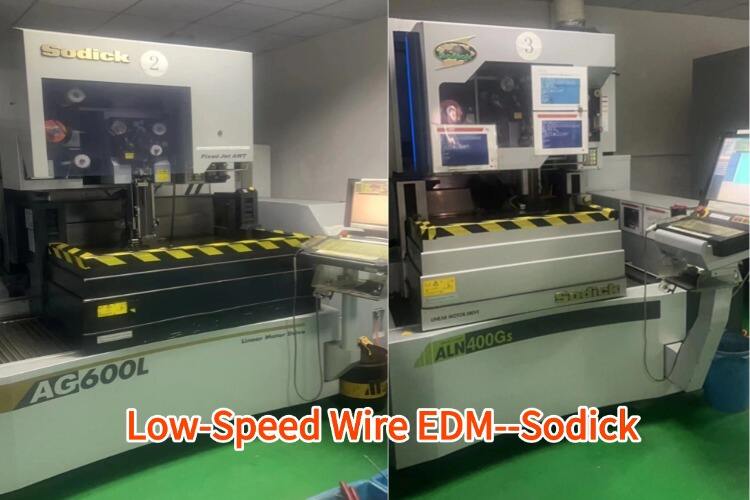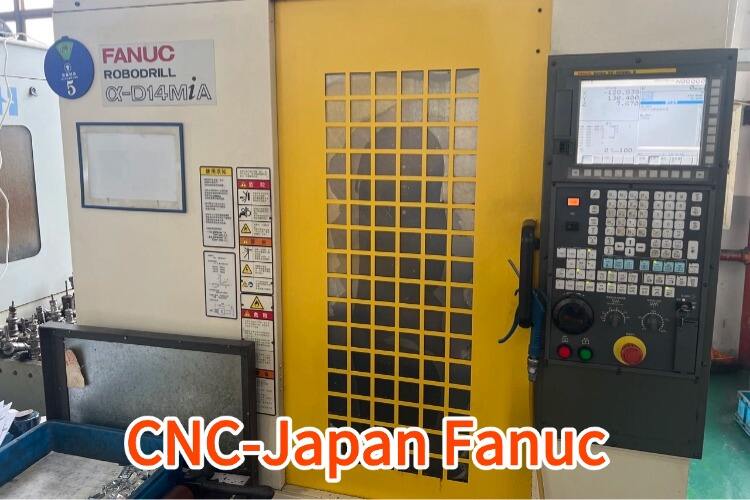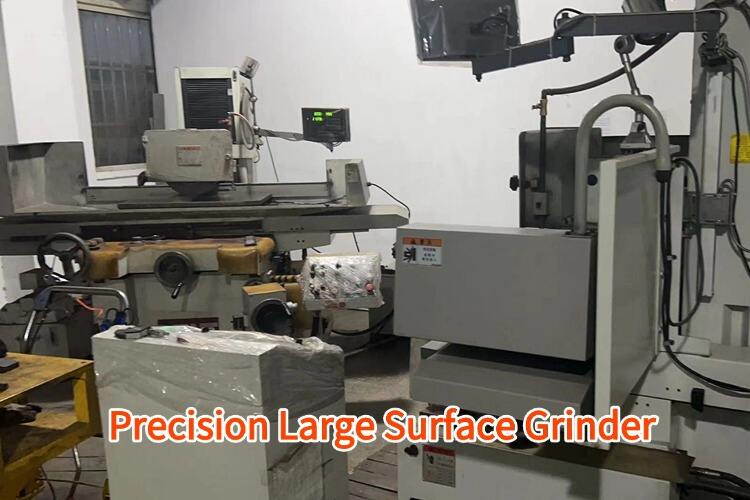mechanical surface treatment
Mechanical surface treatment is a sophisticated process that enhances the physical and mechanical properties of materials through controlled surface modification. This versatile technique involves various methods such as shot peening, burnishing, and surface rolling to improve material performance. The process works by inducing compressive residual stresses in the surface layers of metals and other materials, significantly enhancing their fatigue strength and wear resistance. The treatment modifies surface topography, creating a more uniform and refined surface finish while simultaneously increasing hardness and durability. In industrial applications, mechanical surface treatment serves multiple purposes, from extending component life spans to improving corrosion resistance. The process is widely used in automotive, aerospace, and manufacturing industries, where component reliability is crucial. It's particularly effective in treating critical parts such as gears, springs, turbine blades, and structural components. The technology employs precisely controlled mechanical forces to plastically deform the surface layer, resulting in grain refinement and improved surface integrity. This treatment can be customized to meet specific requirements, allowing for optimization of surface properties based on the intended application. Modern mechanical surface treatment systems incorporate advanced monitoring and control systems to ensure consistent quality and reproducibility.


